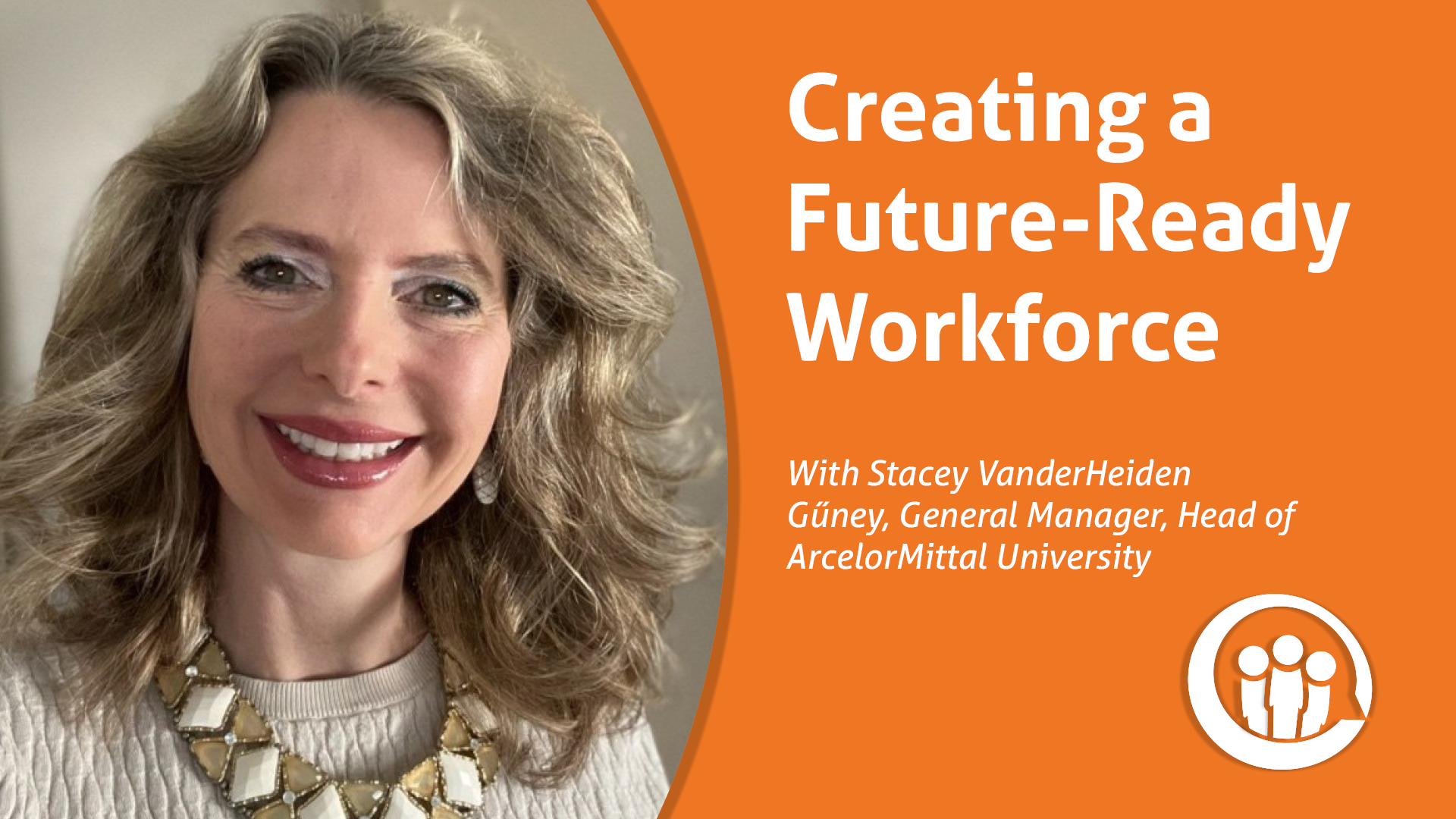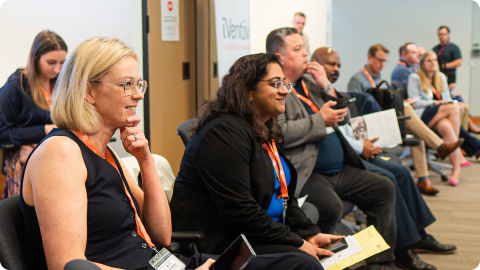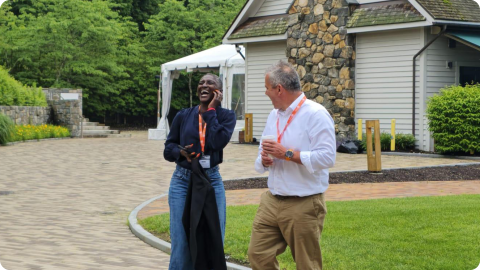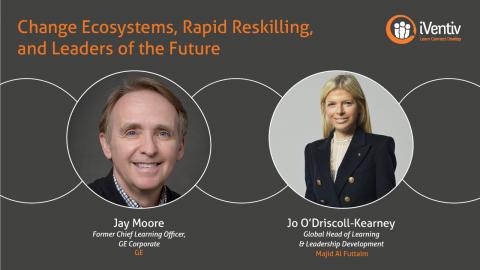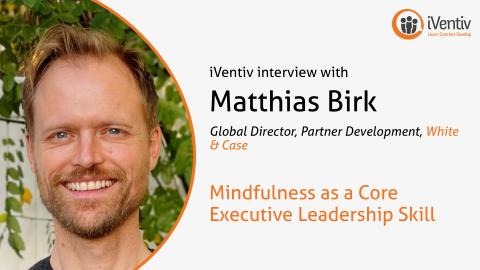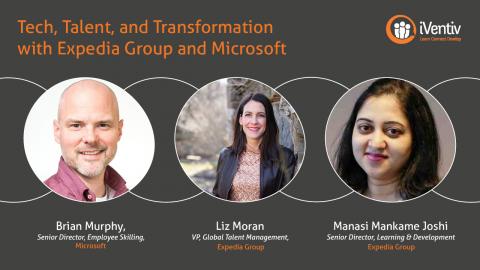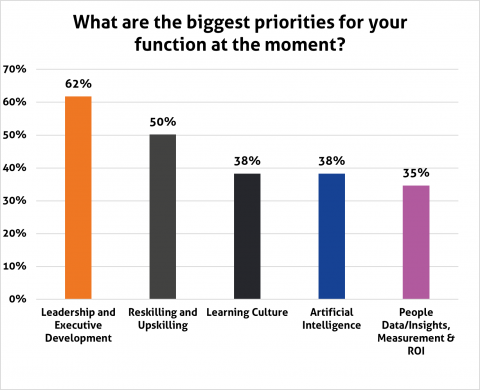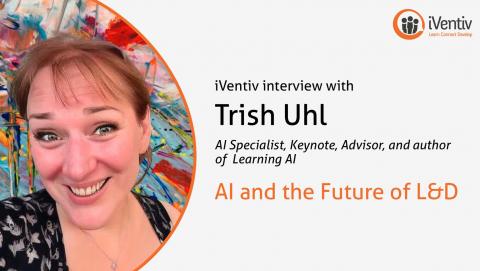Submitted by Kerry Summers on
From Centralised Control to Enterprise-Wide Enablement
At the heart of ArcelorMittal’s Learning transformation lies a powerful shift: from top-down programmes to open, enterprise-wide platforms that democratise learning.
One such initiative is AMU Live, formerly Global Learning Hour — a weekly company-wide learning event. “It’s open to everyone,” Stacey explains, “and through the magic of technology, it can be available in captions in any language.” Soon, real-time translation through Microsoft Teams will remove even more barriers, making learning truly global and inclusive.
Stacey explains that last year alone, AMU Live saw 25,000 participations across a wide range of topics, from safety and technology to organisational culture. “It’s a great opportunity to build that sense of community and to drive large strategic initiatives out to anyone who wants to participate.”
Scaling Leadership and Expertise Through Technology
Another major stride for ArcelorMittal has been modularising leadership programmes to increase access and relevance. “It’s not just the purview of a top few,” Stacey says. “It’s now open to a larger group of people.”
ArcelorMittal also rolled out a new Learning Experience Platform (LXP), which saw 150,000 active learners in its first year, many of whom were previously underserved due to lack of office access or email accounts.
A standout feature? Peer-generated content.
“Our employees can express a learning need — but also serve a learning need” – Stacey VanderHeiden Gűney
The result is a model where learning becomes part of the flow of work, removing traditional delays and unlocking the value of internal expertise.
Responding to Change with Speed and Relevance
Stacey talks about how traditional training approaches – structured, methodical, and often slow – are now being replaced with agile, real-time learning that evolves alongside business needs at ArcelorMittal.
“You can’t be responsive when you’re designing for a need that’s already moved on.” - Stacey VanderHeiden Gűney
She goes on to say that “these platforms allow us to pivot more quickly and serve our learners in different ways.” For example, during the pandemic, the team launched Just Ask Microsoft (JAM) sessions which were practical virtual sessions teaching employees how to get more out of the digital tools they already used. When Microsoft Copilot launched, Stacey continues, ArcelorMittal was selected as an early access participant, helping employees explore generative AI while carefully measuring the value of limited licenses.
Recently, a session titled “What’s New in Copilot?” drew 1,000 attendees – a clear signal of appetite for AI literacy.
Rather than pre-defining learning strategy in isolation, Stacey’s team now “listens to the demand,” using real-time signals to prioritise what’s next.
Spotlighting Innovation from Within
Stacey tells us that the ArcelorMittal team has also turned learning into a spotlight for internal innovation.
During the pandemic, the L&D team supported the company’s Performance Excellence Awards virtually, a role that has since expanded. Whether through AMU Around the World features or employee-led sessions on tools like Databricks, the learning function now amplifies excellence already happening across the business.
“We did ten minutes on what Databricks is, and 50 minutes from people inside ArcelorMittal who are using it to drive real impact,” Stacey says. “That’s the best way to learn […] from what’s already happening.”
This approach, she says, fosters “positive peer pressure” within ArcelorMittal and creates a platform for sharing, experimenting, and scaling internal success stories.
Building a Learning Platform, Not Just Programmes
Behind these initiatives is a deliberate focus on platform thinking. Rather than isolated systems, Stacey’s team sees all tools – Microsoft Teams, SharePoint, LXPs – as nodes in a cohesive ecosystem.
Stacey tells us that first comes scale, then comes precision. “Once you have scale, you can be more surgical to drive impact in certain strategic areas.”
This platform mindset allows for experimentation, community building, and real-time responsiveness.
Breaking Down Silos Through Smart Communication
But no matter how advanced the learning tools, Stacey underscores one critical skill: internal communication.
“You can have the best learning programmes and resources in the world, but if nobody knows they’re there, there’ll be no adoption and no impact.” – Stacey VanderHeiden Gűney
Her team had to rapidly upskill in internal communications without formal comms experts. Key to their approach, she says, was borrowing frameworks from marketing: first build awareness, then drive adoption, then prove impact.
Democratising Learning Design
In line with democratising learning access, ArcelorMittal also embraced user-friendly design tools that lower the barrier to content creation.
Stacey says that “in the past, you needed expensive tools and professional instructional designers. Now with tools like AI-powered authoring, truly anyone can do great things with very little learning curve.”
That shift, she says, enables frontline managers and local teams to create and deliver content faster and more contextually than ever before, with L&D serving as the enabler rather than bottleneck.
From Learning Partner to Strategic Futurist
Stacey’s closing reflection underscores a profound shift in mindset:
“In the past, we did a lot of consults with the business. Now, we try to see what the trends are and throw some things out there... Learning doesn't have to just be the partner. It can be the futurist.” - Stacey VanderHeiden Gűney
The idea is that, by sensing emerging needs, enabling peer learning, scaling through platforms, and listening closely to the organisation, ArcelorMittal’s Learning function is helping shape what’s next, not just reacting to it.
Final Thought: Learn from Anywhere
Perhaps most telling is where Stacey finds some of her own inspiration: “Some of my best learning comes from Instagram and TikTok. What works and sells there will probably work and sell in our environments.”
The lesson? In search of a truly future-ready workforce, organisations are looking beyond traditional boundaries, embracing experimentation, and co-creating learning with those closest to the work.
For C-suite leaders, Stacey’s belief is clear:
Investing in Learning is no longer just about upskilling – it could also be a key part of future-proofing your organisation by making learning adaptive, inclusive, and boldly visionary.
“I welcome any sharing that people have. That’s how we grow. Let’s learn together.” - Stacey VanderHeiden Gűney
Stacey VanderHeiden Güney is a Learning Evangelist leveraging technology and innovation to increase learning and performance in the workplace. She is the Global Head of Learning and General Manager for ArcelorMittal, the world’s leading steel company.
